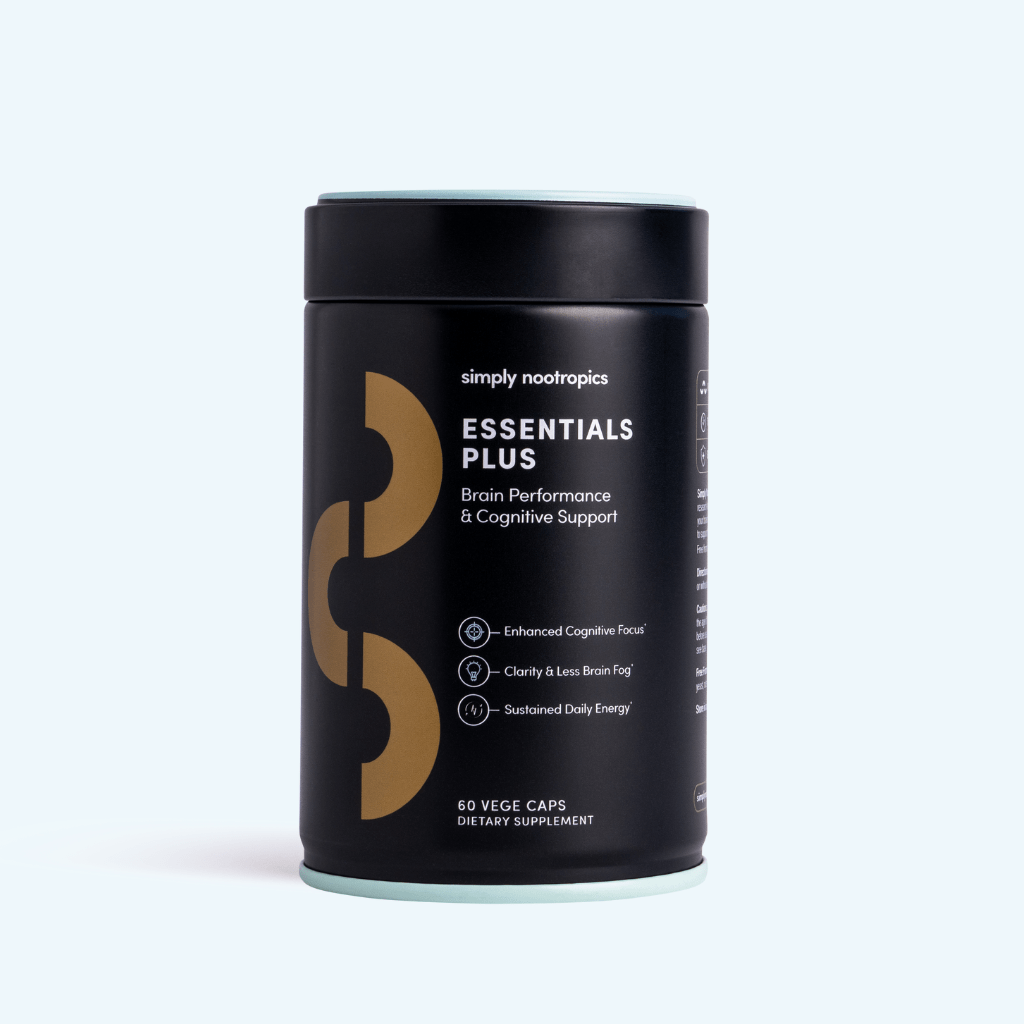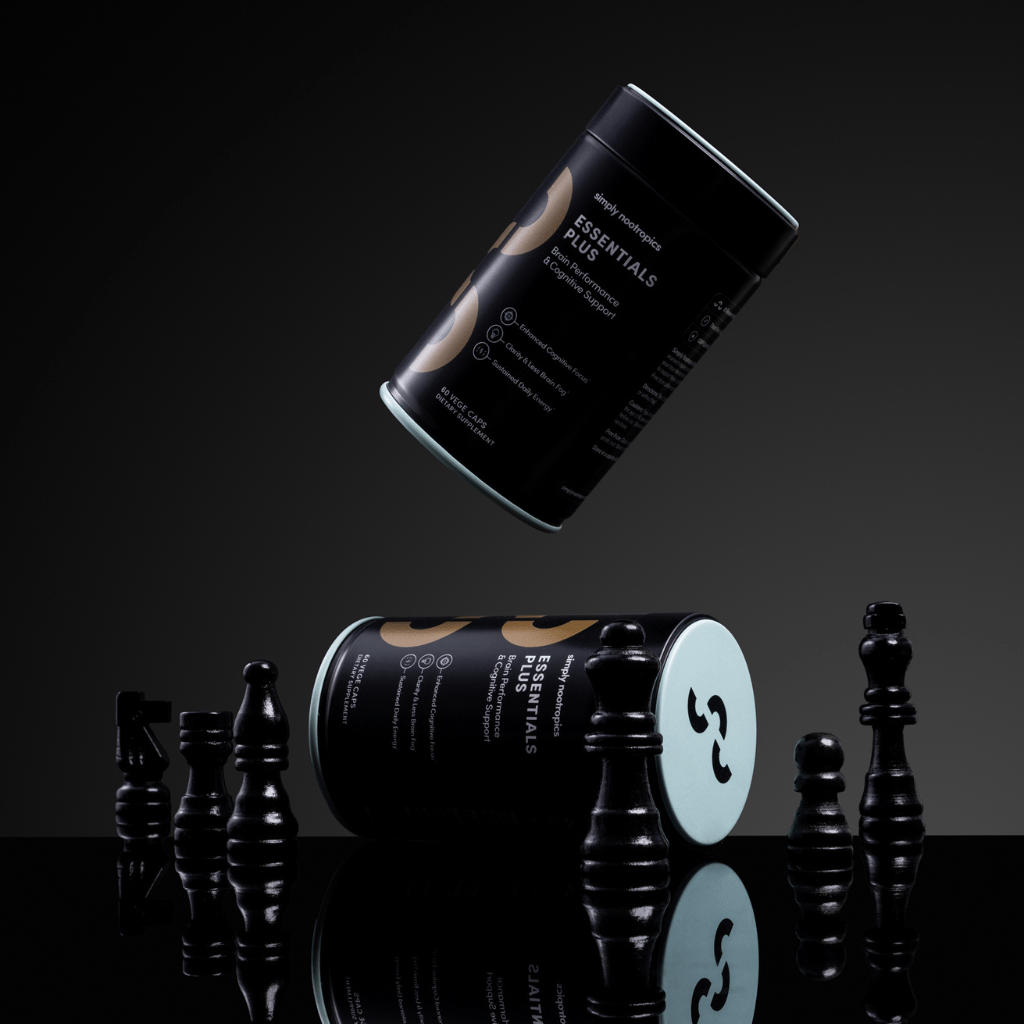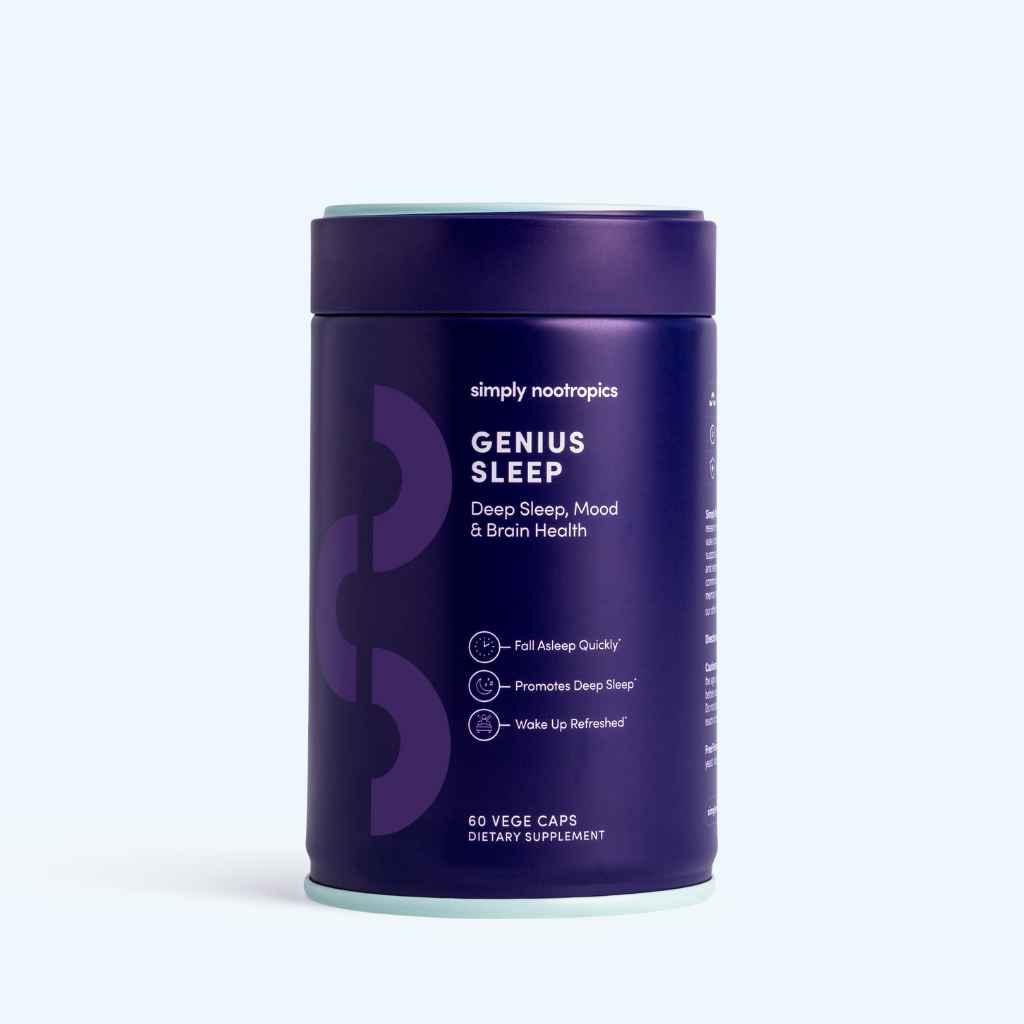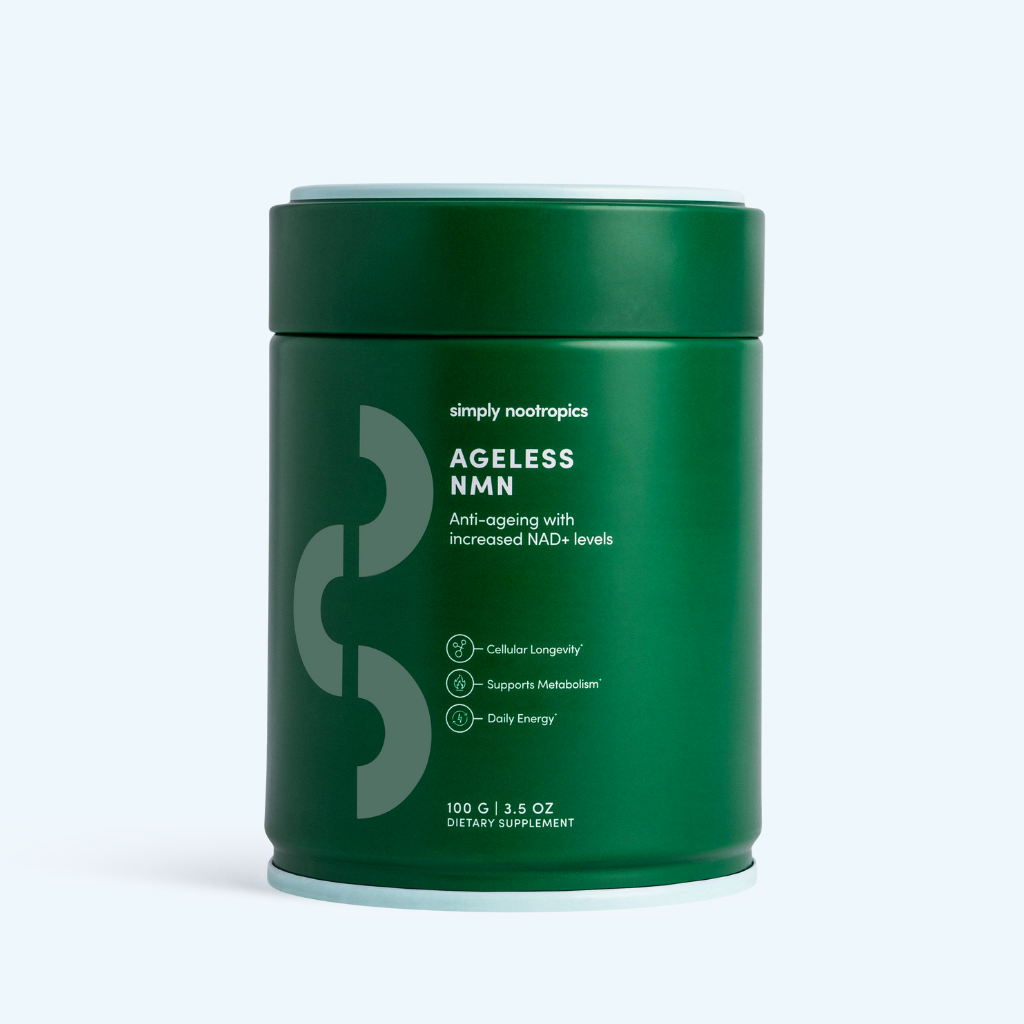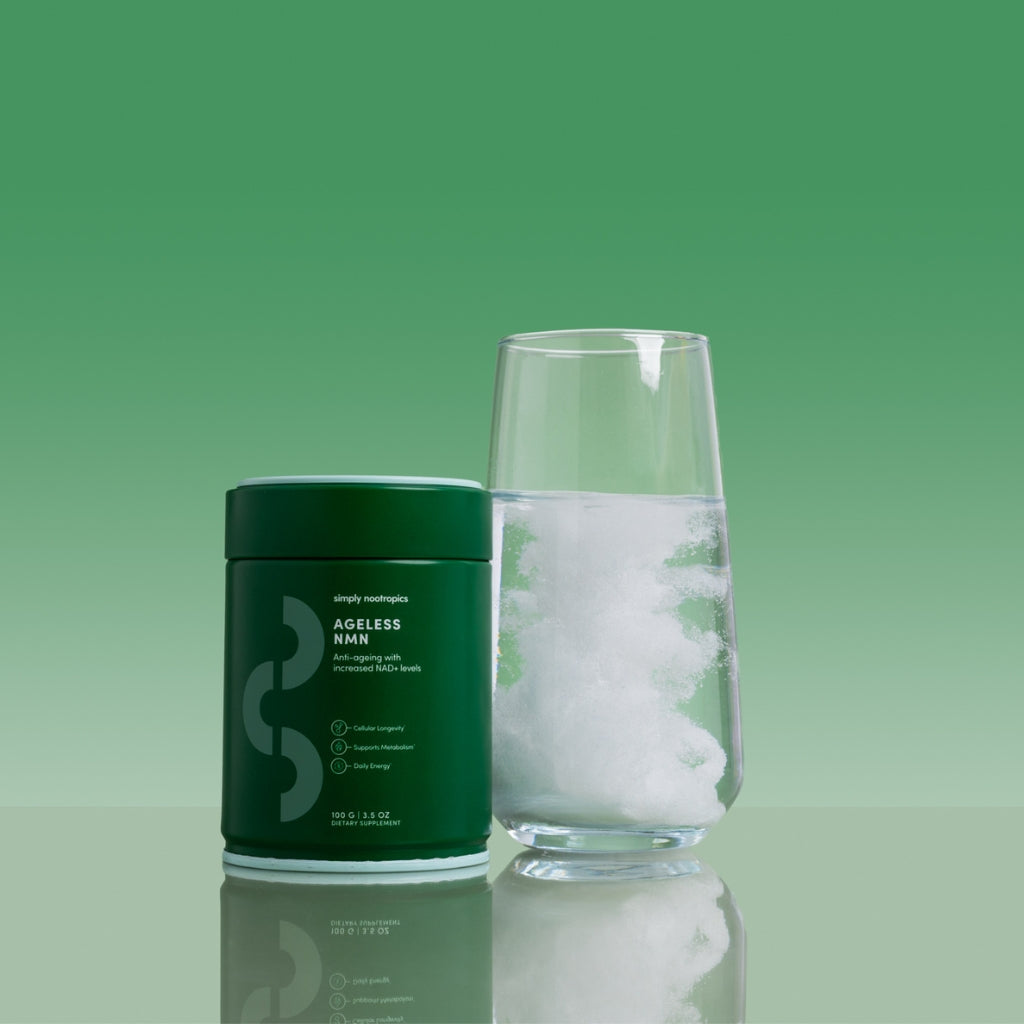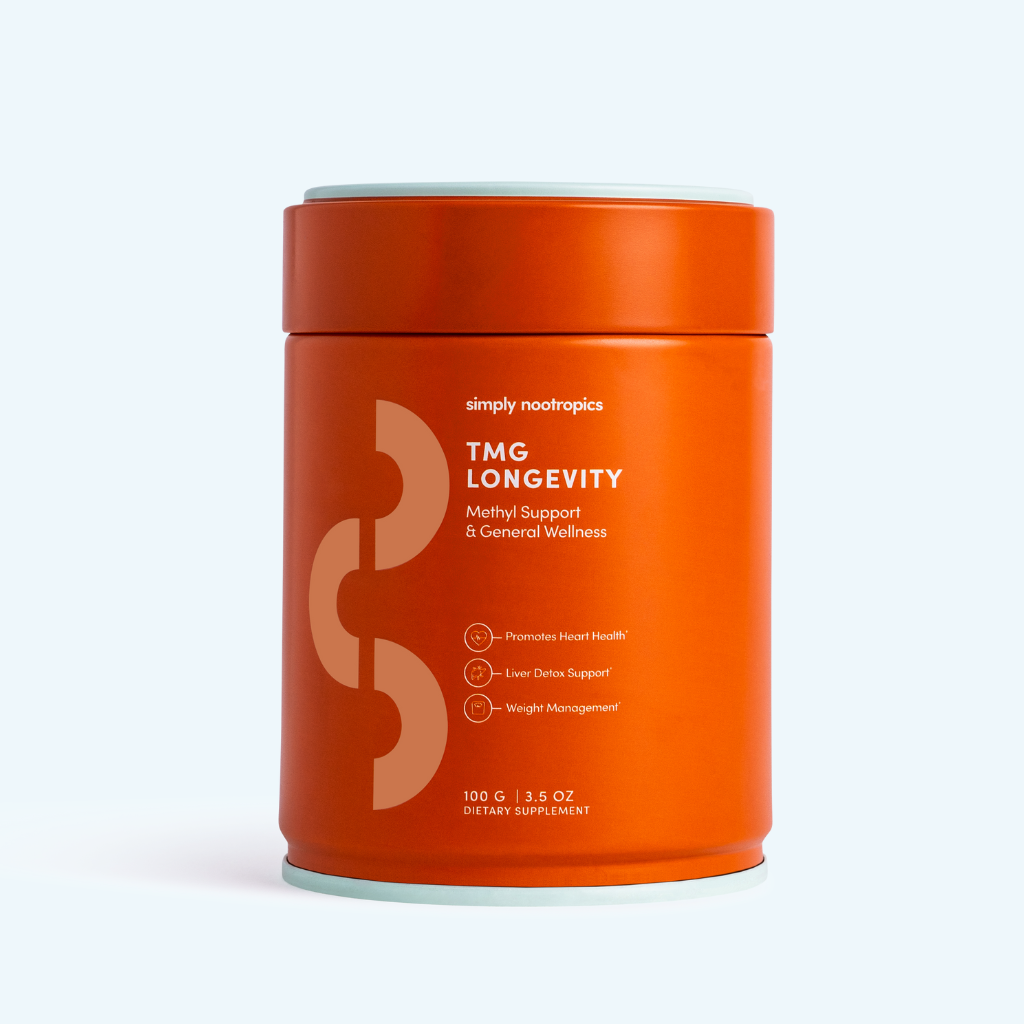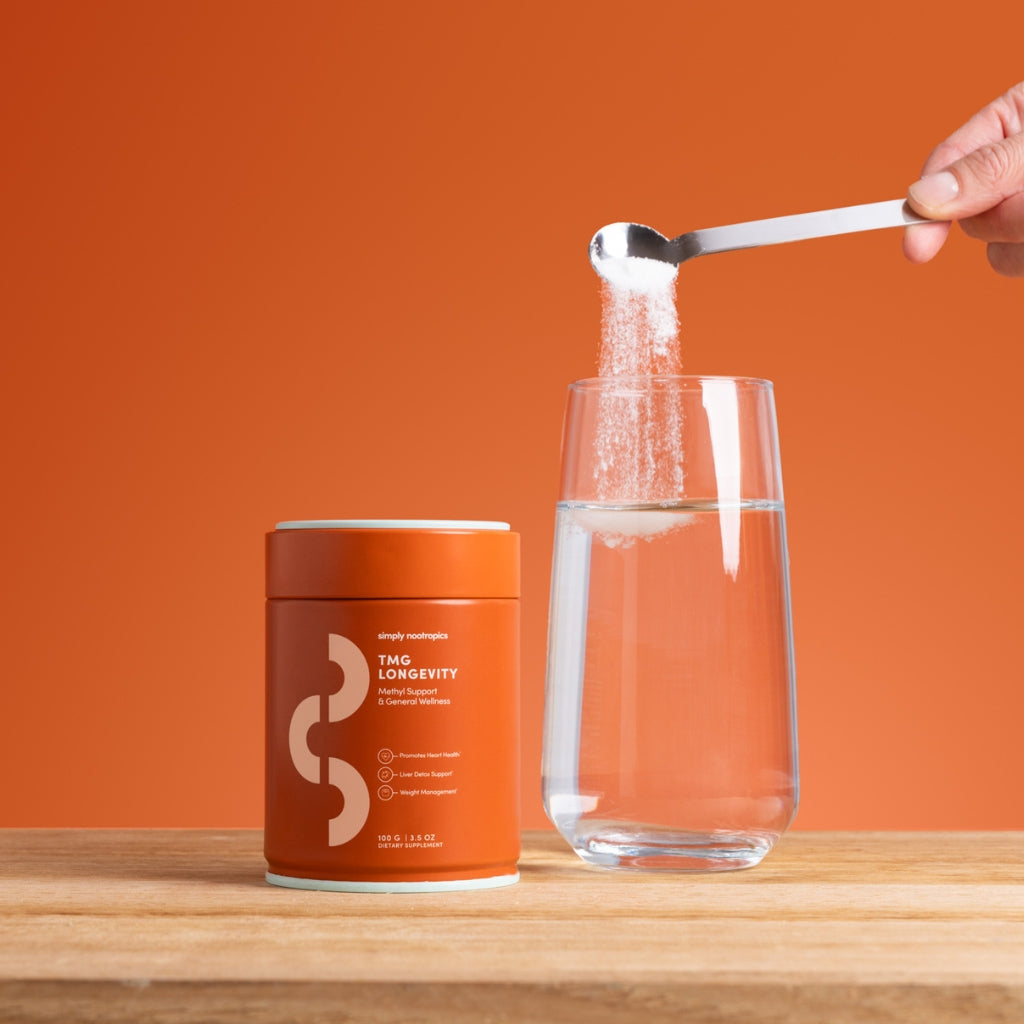It's no secret that sleep is essential for overall health. When you don't get enough sleep, you pay the price throughout the day. Sleep deprivation is a common problem for Kiwis, and it can have some serious impacts on your health.
Around 35% of New Zealanders are not meeting their sleep needs. You may be feeling tired, more stressed, and irritable. You're also more likely to get sick. Poor sleep has been linked in numerous studies to serious health conditions such as heart disease and diabetes.
In this blog post, we'll take a closer look at how sleep affects your body and mind, and why it's so important to get enough shut-eye each night.
Why sleep is essential for health?
Sleep allows your body to repair and rejuvenate itself. When you don't get a sufficient amount of sleep, your body doesn't have time to heal. A lack of sleep may lead to cumulative health problems over time.
Medically reviewed research shows that chronic sleep deprivation puts people at higher risk of suffering a number of health problems, including high blood pressure, heart disease, stroke, and diabetes.
How much sleep do you need?
Most adults require around seven to eight hours of sleep per night (according to the Centers for Disease Control and Prevention). However, the right amount of sleep can vary depending on age, lifestyle, and health.
Your level of exercise may even affect this number. Athletes who engage in strenuous physical activity need better quality sleep than sedentary people, for muscle growth and recovery.
When you exercise, your muscles are broken down and need time to repair themselves. This process is known as muscle protein synthesis, and it requires deep, restful sleep. Without adequate sleep, your muscles will not be able to recover properly, and you will not be able to perform at your best.
In addition, sleep plays an important role in regulating hormones, including growth hormone, which is essential for muscle growth. So if you're looking to improve your athletic performance, make sure you're getting enough quality sleep.
Healthy sleep habits
There are a few things you can do to promote healthy sleep habits. First, try to go to bed and wake up at the same time each day. This will help regulate your body's natural sleep cycle. Second, create a relaxing bedtime routine that includes winding down for 30 minutes before you turn off the lights. This can help you fall asleep more easily. Finally, avoid caffeine and alcohol before bed, as these can disrupt your sleep. Unlike our competitors, Simply Nootropics products are proudly caffeine-free.
The science behind sleep
When you sleep, your body goes through different stages of sleep. The first stage is light sleep, followed by deep sleep. Deep sleep is when your body repairs and regenerates itself. The final stage is REM (rapid eye movement) sleep when you dream. Most people cycle through these stages several times during the night.
Why is REM sleep important?
REM sleep is when you dream. It's a vital part of the sleep cycle, and it allows your brain to process information and form new memories. REM sleep also helps regulate your mood and emotions.
How does lack of sleep affect your health?
Good sleep is essential to overall health. It affects everything from your immune system to your mental health. When you don't get enough sleep, your body is less able to fight off infection and disease. You're also more likely to experience anxiety and depression. Sleep deprivation has even been linked to weight gain.
Not being able to function properly
Did you know that you are 2x as likely to be in a car accident if you are sleep deprived?

When you're tired, your reflexes are slower and your judgment is impaired. This means an increased risk of accidents and injuries. In fact, drowsy driving is responsible for thousands of car accidents each year, according to the AAA Foundation for Traffic Safety.
A lack of energy in the daytime
You're also more likely to have low energy during the day when you have too little sleep. That's because sleep is essential for your body to repair and restore itself. When you're asleep, your body produces hormones that help to repair cellular damage, reduce inflammation, and support immune function. Sleep also helps to regulate blood sugar levels and metabolism. In addition, sleep helps to consolidate memories and keep your mind sharp. Without sufficient rest, your body can't function at its best. So if you're tired during the day, make sure to get a good night's rest. Your body will thank you for it.
Feeling stressed at work
If you're not well-rested, it's harder to concentrate or feel motivated at work. This can lead to problems at work, like making mistakes and not getting along with colleagues.
In fact, a lack of sleep is one of the most common contributors to job stress. When we have less sleep, our body's stress response is triggered more easily and we are more likely to feel overwhelmed by everyday challenges. That's because your body is in "fight or flight" mode, which releases stress hormones like cortisol. So if you're finding yourself feeling tense and stressed at work, it might be time to take a close look at your sleeping habits.
Unwanted weight gain
Most people don't realize that when you're not getting enough sleep, your body produces more ghrelin, a hormone that increases appetite. At the same time, it produces less leptin, a hormone that signals when you're full. As a result, you're more likely to overeat when you're sleep-deprived. In addition, lack of sleep can disrupt your body's metabolism and make it harder to burn calories. So if you're trying to lose weight or maintain a healthy weight, it's important to get enough sleep every night.
What happens when you sleep?
During sleep, your body temperature drops and your brainwaves slow down. This allows your body to rest and repair itself. Muscle growth and tissue repair occur during deep sleep. Your brain also uses this time to consolidate memories and process information.
Sleep also plays a vital role in regulating hormones, immune cells, blood glucose levels, and blood pressure. When you don't get enough sleep, these important functions can be disrupted.
How to counter sleep debt?
If you have poor sleep quality, it's important to get back on track as soon as possible. The best way to do this is to gradually add more sleep to your nightly routine. Start by going to bed and waking up 15 minutes earlier than usual. Then, add 30 minutes to your sleep each night until you're getting the recommended seven to eight hours per night. You can also try taking a nap during the day to make up for lost sleep, but this is a temporary fix at best. Avoid electronic devices and eating large meals as the night progresses.
Simply Nootropics offers blue light blocking glasses that could help reduce the effects of blue light on sleep quality - you can buy them here, or as part of the Simply Nootropics Elevate™ value pack.
What are the benefits of a good night's sleep?
- Mood boost: Feeling rested can help improve your mood and increase energy levels.
- Reduced stress: Sleep can help reduce stress and promote relaxation.
- Sharper brain: Better quality sleep can help improve focus and concentration, and boost academic performance.
- Better health: Adequate sleep is essential for optimal health. It can help improve your immune function, heart health, and mental health.

Conclusion: Don't Sleepwalk Through Life
Sleep is essential for good health, but it's often something that we take for granted. If you're not getting enough sleep, don't despair. There are steps you can take to improve your sleep quality and quantity. The tips above can help. But if you're serious about combating sleep loss so that you can get the most out of your daylight hours, you want nootropics. Make some changes to your brain by boosting the bioavailability of nutrients for better sleep, focus and productivity. Simply Nootropics has natural, medically reviewed ingredients that can help you with this, including Ashwagandha (daily active: 250mg), L-Theanine (200mg), and NMN (200mg).
Join us next week in Part Two of this series, where you can learn more about how our specially formulated nootropic stack can help you get get good sleep at night - while powering you up to perform at your best. Stop snoozing through life and start living it to the fullest!

